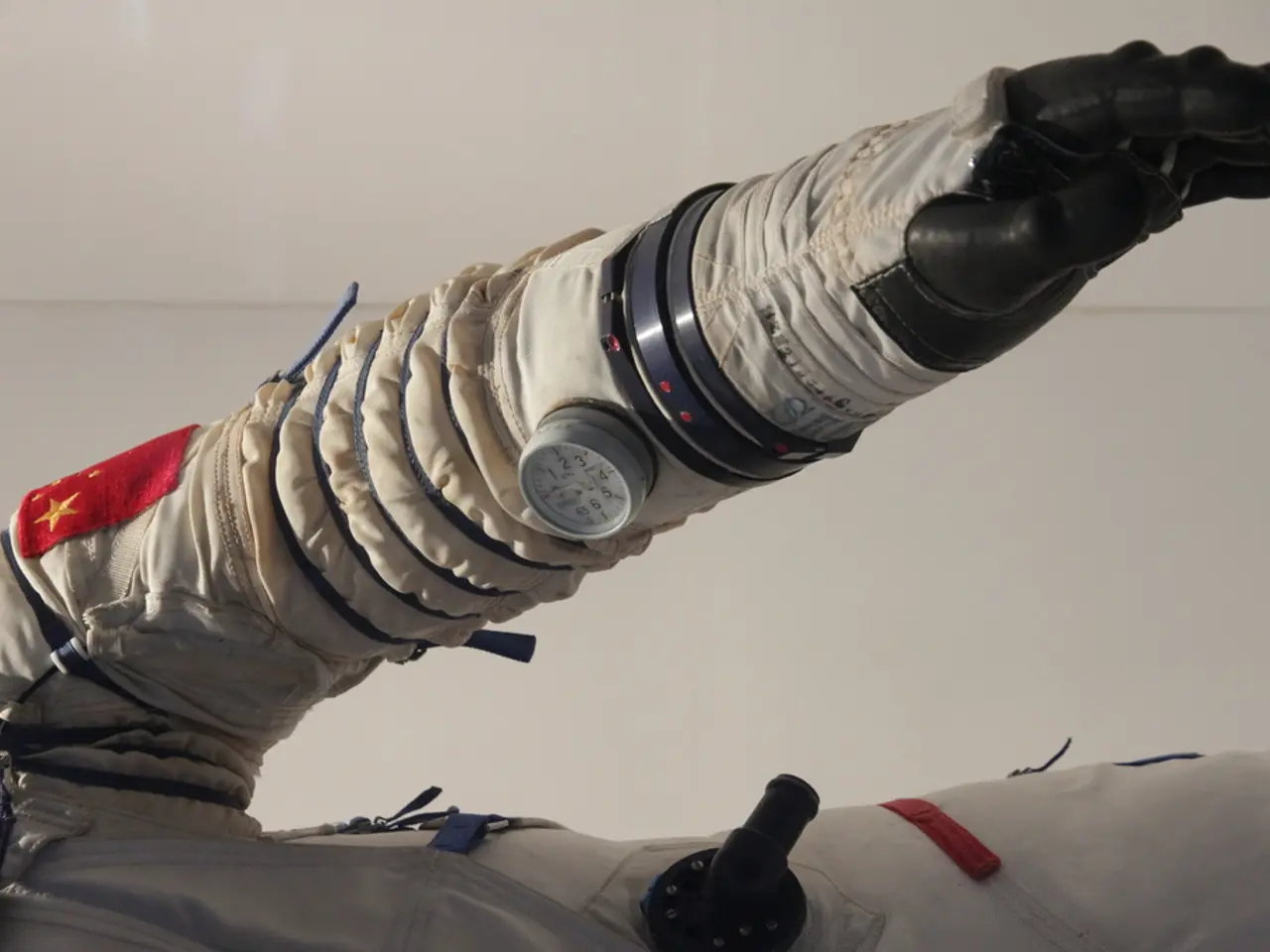Enhancing Resistance Training Could Potentially Bolster Nerve Health, Retard Aging
In a groundbreaking study published in Medicine & Science in Sports & Exercise, a leading multidisciplinary research journal for the American College of Sports Medicine, researchers have discovered that resistance training can significantly improve nerve conduction velocity (NCV) in older adults.
The study, conducted over four weeks of handgrip training in both arms, three times a week, was led by JoCarol Shields, a postdoctoral researcher, and Jason DeFreitas, Professor and Chair of the Department of Exercise Science and the Department of Nutrition and Food Studies at Falk College.
The research team, which included Shawn Reese, assistant professor of exercise science at Fairmont State University, Marcel dos Santos, assistant professor of kinesiology and recreation at Illinois State University, and several other prominent scholars, aimed to determine the effects of resistance training on nerve conduction velocity and if changes in NCV are dependent on age.
The study involved 48 subjects ranging from 18 to 84 years old. Nerve conduction tests were used to measure each subject's NCV, stimulating the nerves in the muscles of the forearm and measuring how fast it took to activate the muscle.
The researchers hypothesize that the training reactivated fast neurons in the older participants, a process called reinnervation. In the post-training tests, every senior that performed the training showed improvement in their nerve conduction.
If the reactivation of fast neurons translates to other parts of the body, it could have significant implications for preserving strength and avoiding disability with aging. The study's findings could have long-term implications for nerve health, motor function, independence, and quality of life.
The project was funded in part by a doctoral research grant awarded through the Central States Chapter of the American College of Sports Medicine. Claire Smith, graduate research assistant at Falk College, and Maria Parodi, a master's student at Oklahoma State University, were also part of the research team.
Shawn Reese, Marcel dos Santos, and Maria Parodi are affiliated with the University of Sao Paulo, Brazil, where the joint study with JoCarol Shields and Jason DeFreitas on the effects of resistance training on nerve conduction velocity was conducted.
This study underscores the importance of regular resistance training as we age, providing a promising avenue for maintaining and improving nerve health and overall wellbeing.
Read also:
- Overweight women undergoing IVF have a 47% higher chance of conceiving naturally post-weight loss
- Bonsai Trees from Evergreen Species: Exploring Growth Characteristics & Distinct Qualities
- What temperatures may make walking your canine companion uncomfortable?
- Title: Information About Beovu: Potency, Form, Usage, and Additional Details






